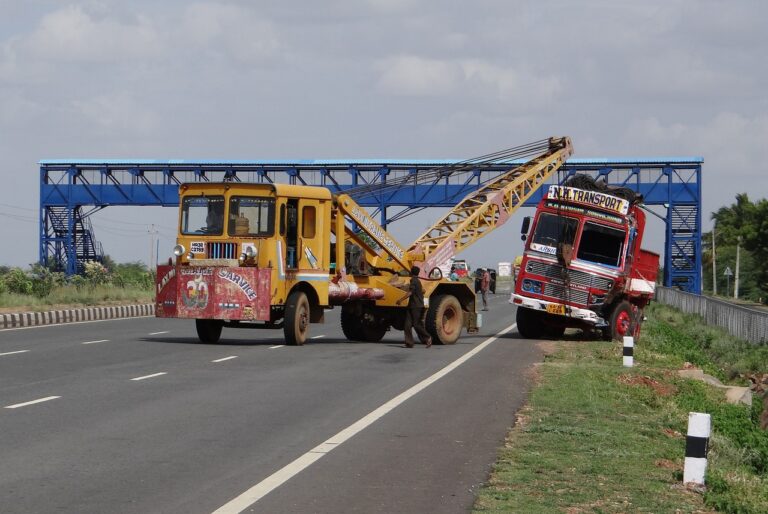Voter ID Verification: Perspectives from Election Officials: 11xplay .com, Diamondexch999 sign up, Skyexchange
11xplay .com, diamondexch999 sign up, skyexchange: Voter ID Verification: Perspectives from Election Officials
Hey there, fellow citizens! Today, let’s talk about a hot topic that always stirs up some debate – voter ID verification. As election officials, we often find ourselves at the forefront of discussions surrounding this issue. So, let’s dive in and explore some common perspectives and concerns when it comes to voter ID verification.
The Importance of Voter ID Verification
Ensuring the integrity of our elections is paramount, and one way to achieve this is through voter ID verification. By requiring voters to present identification at the polls, we can verify their identity and prevent any instances of fraud or impersonation. This helps to maintain the credibility and trustworthiness of our electoral process.
Challenges Faced by Election Officials
However, implementing voter ID verification is not without its challenges. One of the main concerns is ensuring that all eligible voters have access to acceptable forms of identification. In some cases, obtaining a valid ID can be a burdensome or costly process, which may disenfranchise certain groups of voters. As election officials, we strive to address these challenges and find solutions that balance security and accessibility.
Perspectives on Voter ID Laws
The debate around voter ID laws is often polarized, with some arguing that they are necessary safeguards against voter fraud, while others view them as a form of voter suppression. As election officials, we aim to navigate these differing perspectives and uphold our commitment to fair and transparent elections. We must strike a balance that upholds the integrity of the electoral process while ensuring that all citizens can exercise their right to vote.
Ensuring Inclusivity and Accessibility
At the heart of our work as election officials is the commitment to inclusivity and accessibility. We understand the importance of ensuring that all eligible voters have the opportunity to participate in our democracy. This includes making accommodations for those who may face barriers to obtaining proper identification and working to educate voters on the requirements for voter ID verification.
Collaborating with Stakeholders
Effective voter ID verification requires collaboration with a variety of stakeholders, including government agencies, advocacy groups, and community organizations. By working together, we can identify and address any gaps in access to identification, advocate for policies that support voter inclusivity, and ensure that our electoral process remains fair and transparent.
Frequently Asked Questions
Q: Are voter ID laws necessary to prevent voter fraud?
A: Voter ID laws are one of several measures that can help prevent voter fraud, but they are not a foolproof solution. It is essential to consider the potential impact of these laws on voter access and ensure that they do not disproportionately disenfranchise certain groups.
Q: What types of identification are typically accepted at the polls?
A: Acceptable forms of identification vary by state but often include driver’s licenses, state-issued IDs, passports, and military IDs. Some states also allow for alternative forms of identification for those who may face barriers to obtaining traditional forms of ID.
Q: How can election officials ensure that voter ID requirements do not disenfranchise certain groups?
A: Election officials can work to educate voters on the requirements for voter ID verification, provide resources to help individuals obtain proper identification, and advocate for policies that support voter inclusivity. By taking a proactive and collaborative approach, we can ensure that all eligible voters can participate in our democratic process.
In conclusion, voter ID verification is a complex issue that requires careful consideration and collaboration among stakeholders. As election officials, we are committed to upholding the integrity of our elections while also ensuring that all citizens have the opportunity to exercise their right to vote. By navigating these challenges thoughtfully and inclusively, we can work towards a more fair and transparent electoral process for all.







